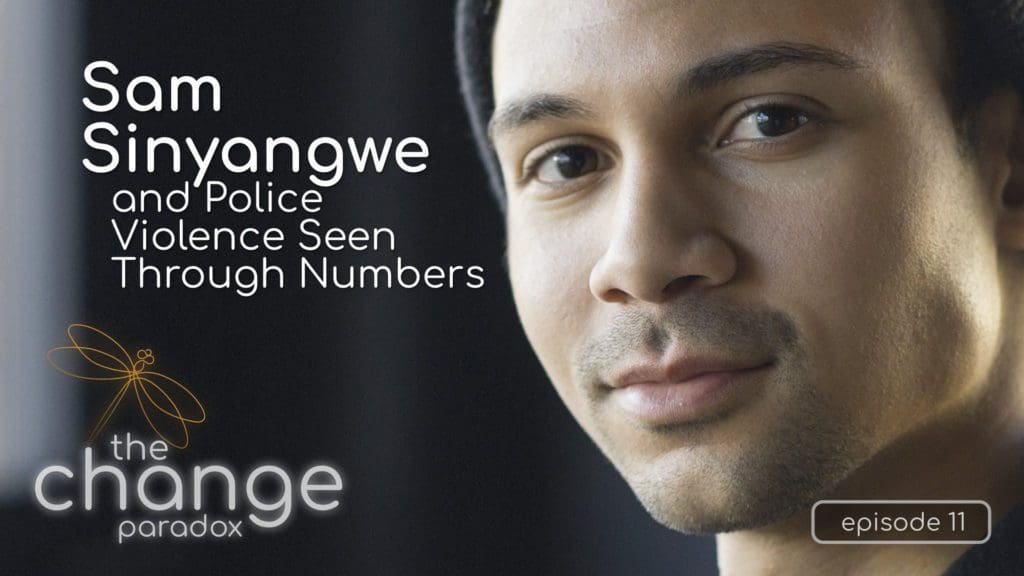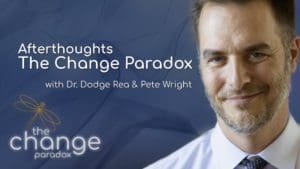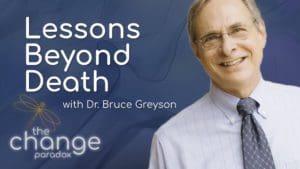Hey everybody,
First things first, do a quick check-in with yourselves. I’ve been watching the news, doing my best to stay informed from trusted sources, keeping safe distance from social media.
The pandemic isn’t getting better, and you might not be able to smell it yet, but there’s hope in the air. It’ll be a spell before we get any relief from this thing and we’re going to have to endure much on this road, care for ourselves and one another with grace and compassion. And after that, we get the hugs back.
So, hold steady. Be a light in the darkness. Acknowledge the hard, and do your best to be the easy for others.
We have a light on the show today. And he happens to be a trusted source, too. His area of expertise is the other pandemic, the one that comes in and out of focus in striking competition with the disease state we’re living through. For our guest, it started with a big question: how many people have been killed by police?
If you visit the ultimate fruit of his labor, MappingPoliceViolence.org, you’ll find that in 2020, our police have killed 986 people in our country. It’s shocking, then, to hear that prior to Mapping Police Violence and the team’s efforts to collect this data, there was no effort on behalf of our national leaders to collect or report it themselves.
The man behind the project is Sam Sinyangwe. He’s a data scientist and policy analyst and in addition to Mapping Police Violence, he also founded Campaign Zero and the Police Scorecard. He’s a PolicyLink vet where, according to his official bio, “he worked to connect 61 federally-funded communities to research-based strategies to build cradle-to-career systems of support for low-income families. He has also helped city leaders, youth activists and community organizations develop citywide agendas to achieve quality education, health, and justice for young black men.
Why his pivot to policing, and presenting municipalities with data that serves to change behavior? “If we can’t live, we can’t learn,” he says.
Our deep thanks to Sam for his time to sit down with Dodge and present the data. And thanks to you, as always, for your commitment to the work.
— Pete










